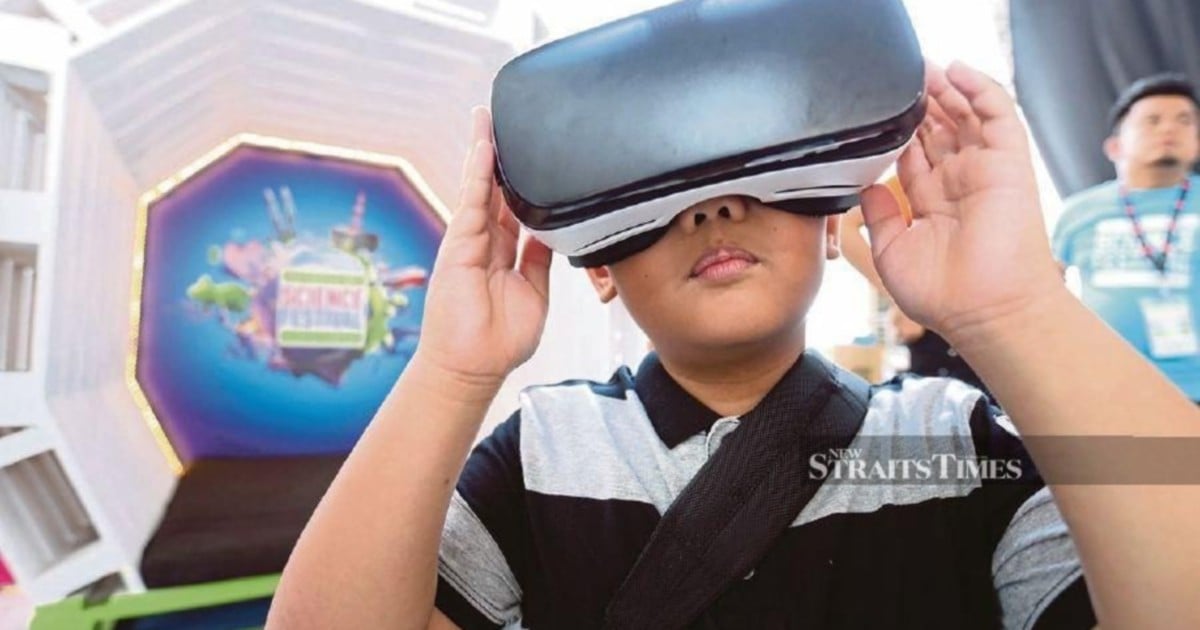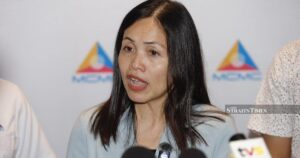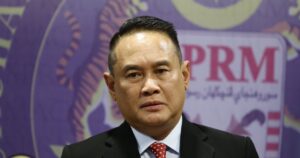SEPANG: Stronger investment and clear policy incentives are essential if Malaysia is to successfully integrate metaverse technology into technical and vocational education and training (TVET), a researcher said.
UCSI University Associate Professor Dr Keoy Kay Hooi, who is leading a study on metaverse adoption in TVET for communications and multimedia, said while the technology is available, scaling its use across higher learning institutions requires government intervention.
“There is a need for strong investment. We have the technology, but replicating and adopting it will be a challenge.
“There is also a need for incentives for infrastructure as well as cybersecurity policies.
“When we have the metaverse content infrastructure online, privacy and data integrity must be taken into consideration,” he said while presenting his research at the 2025 Malaysian Communications and Multimedia Commission (MCMC) Symposium today.
With the theme ‘The Future of Connectivity: Embracing Sustainability and User-Centric Approaches’, the symposium provided a platform for dialogue on how research can shape a more inclusive and forward-looking digital ecosystem.
Organised by the MCMC Academy and supported by the DSRG programme, the studies highlighted national priorities, including sustainable development, digital empowerment, and the importance of placing user needs at the centre of policy and infrastructure design.
Dr Keoy said his research surveyed 286 institutions nationwide to measure readiness in adopting the metaverse for TVET, particularly in multimedia and communication-related programmes.
The findings showed that while 83 per cent of educators had been exposed to metaverse learning, only 53 per cent believed it would enhance practical training.
“The bigger challenge is to address scepticism among those unconvinced of the technology.
“Despite the survey showing more than 50 per cent in favour, the challenge now is to ensure the 34 per cent who said no are converted to yes, and those who said maybe are also persuaded to yes,” he said.
He also noted differences between private and public institutions, as readiness levels varied depending on resources, organisational structures, and priorities.
Beyond technology, institutional readiness was critical.
“During the pandemic, the landscape changed completely.
“We had to deal with three-year-old children using Zoom, and the energy teachers expended on 20 minutes of classes was equivalent to half a day.
“It was not easy. We had TVET, and now with the metaverse, how useful would it have been if these tools had been available during Covid?
“Children could have had more immersive and interactive learning, which would have been more impactful,” he added.
© New Straits Times Press (M) Bhd






